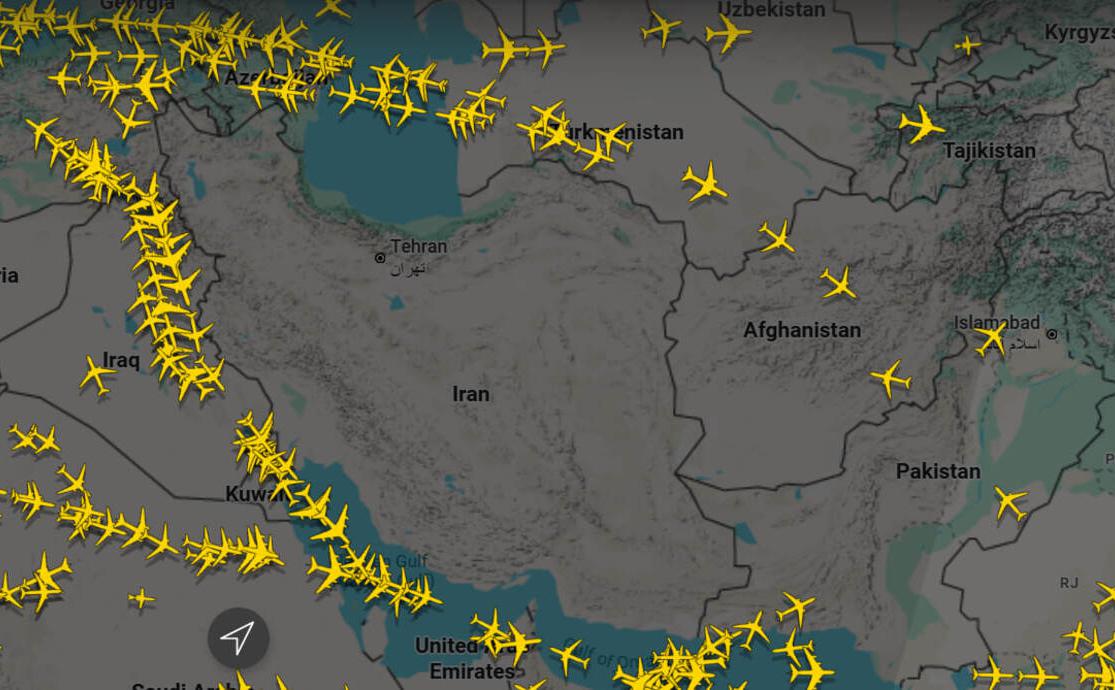Around 150 Yemenis may be on the Ukrainian front against their will. The story is common: people from an impoverished country were lured with promises of high pay and Russian citizenship, only to be forced into signing contracts with the Russian Ministry of Defense in a language they didn’t understand.
While the Kremlin negotiates arms deals with the Houthi rebels, who seized power in Yemen by force, many war-torn Yemenis struggle to survive. Over 83% of Yemen’s 30 million population live in poverty, and around 250,000 have died due to the conflict, according to the UN. Desperate for income, many Yemenis moved to neighboring Oman, where they were targeted by Russian recruiters.
It’s unclear how many Yemenis were sent to the Ukrainian front to fight for the so-called "Russian peace," but a reporter from the Organized Crime and Corruption Reporting Project (OCCRP) managed to join a WhatsApp group called "Stuck in Russia," which includes 150 people. Of them, 74 sent a letter to the Yemeni ambassador in Moscow, pleading to be rescued from the frontlines:
One Yemeni, Hamza, shared with OCCRP that while working for minimum wage in Oman, a recruiting agency offered him a job in Russia with promising terms—$3,000 per month. The job was supposed to involve military-related duties but not combat. Hamza expected to work as a guard or a construction worker but ended up on the frontlines. "It wasn't clear that we would be soldiers," he said.
Another Yemeni, who also found himself on the front, provided OCCRP with a copy of a contract template from the Omani company Al Jabri General Trading & Investment. The contract mentioned work in the "military, security, or civilian sector, depending on qualifications, experience, and abilities." However, company owner Abdul Wali Abdo Hassan Al Jabri told OCCRP that recruits were fully informed about serving in the army and had agreed to it: "These people came specifically to join the military, and our role was merely to transport them [to Russia]."
Another Yemeni, Hisham, who had no military experience, said he was forced to sign a contract with the Russian Ministry of Defense in Russian, a language he didn’t understand, and was forbidden from photographing the document.
Russia similarly lured Nepalese, Indians, and Sri Lankans to the Ukrainian front. Indian Prime Minister Narendra Modi raised the issue of rescuing Indian nationals during a meeting with Vladimir Putin in July. In September, Indian broadcaster NDTV reported that 45 Indians had been discharged from the Russian army, with efforts ongoing to release 50 more. Earlier in the year, Indian authorities arrested several people suspected of human trafficking and recruiting locals into Russia’s military.
Yemen’s military attaché in Russia, Brigadier General Fuad al-Muhtadi, told OCCRP that "after signing a contract, a volunteer becomes subject to military law," adding that contracts, as far as they know, include all rights and terms related to volunteers. Ambassador Ahmed Salem al-Wahishi raised the issue of Yemenis in the Russian army with Russia’s Ministry of Foreign Affairs but did not disclose the outcome.
Meanwhile, Russia has supported the Yemeni Houthi rebels, a militant group controlling the capital and most of the country. After the Houthis began attacking commercial ships in the Red Sea late last year, Russia’s Ministry of Foreign Affairs condemned strikes by U.S. and U.K. naval forces against them. In August, Houthi representatives, supported by Iran, a Kremlin ally, visited Moscow to discuss arms purchases, according to The Wall Street Journal.




















